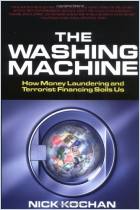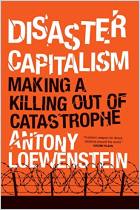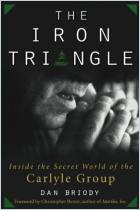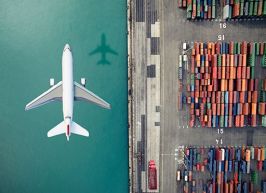
The Shadow World
Inside the Global Arms Trade
Read or listen offline
Amazon KindleRecommendation
In this compelling critique, corruption watchdog Andrew Feinstein argues that the military-industrial complex is riddled with corruption and bribery. Feinstein outlines the sordid history of arms deals in recent decades, focusing on dubious deals involving Saudi Arabia and South Africa. The author makes his biases clear but still serves up a detailed, thought-provoking exposé of the underworld of big-time weapons sales. He supplies the dates, the names and the numbers, leaving little doubt of his veracity or tenacity. Dick Cheney fans won’t like Feinstein’s conclusions, but others should approach them with an open mind. getAbstract recommends this well-researched muckraking report to those intrigued by the worldwide trade in arms.
Summary
About the Author
Andrew Feinstein is the author of After the Party, a political memoir. He is an Open Society Institute Fellow and the founding co-director of Corruption Watch in London.


















Comment on this summary